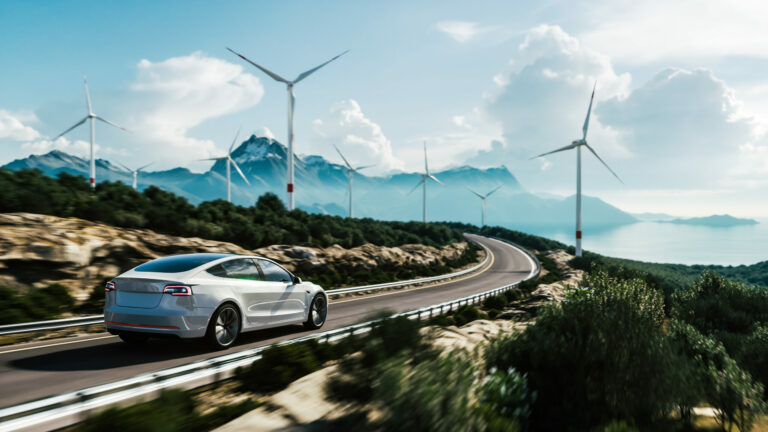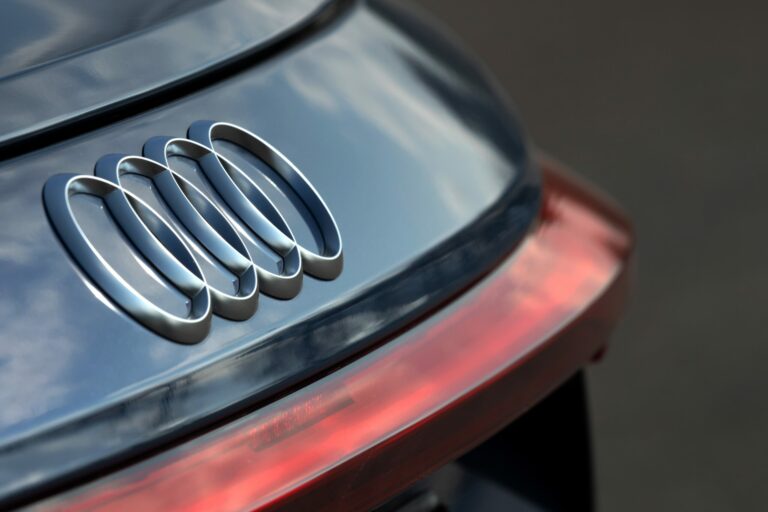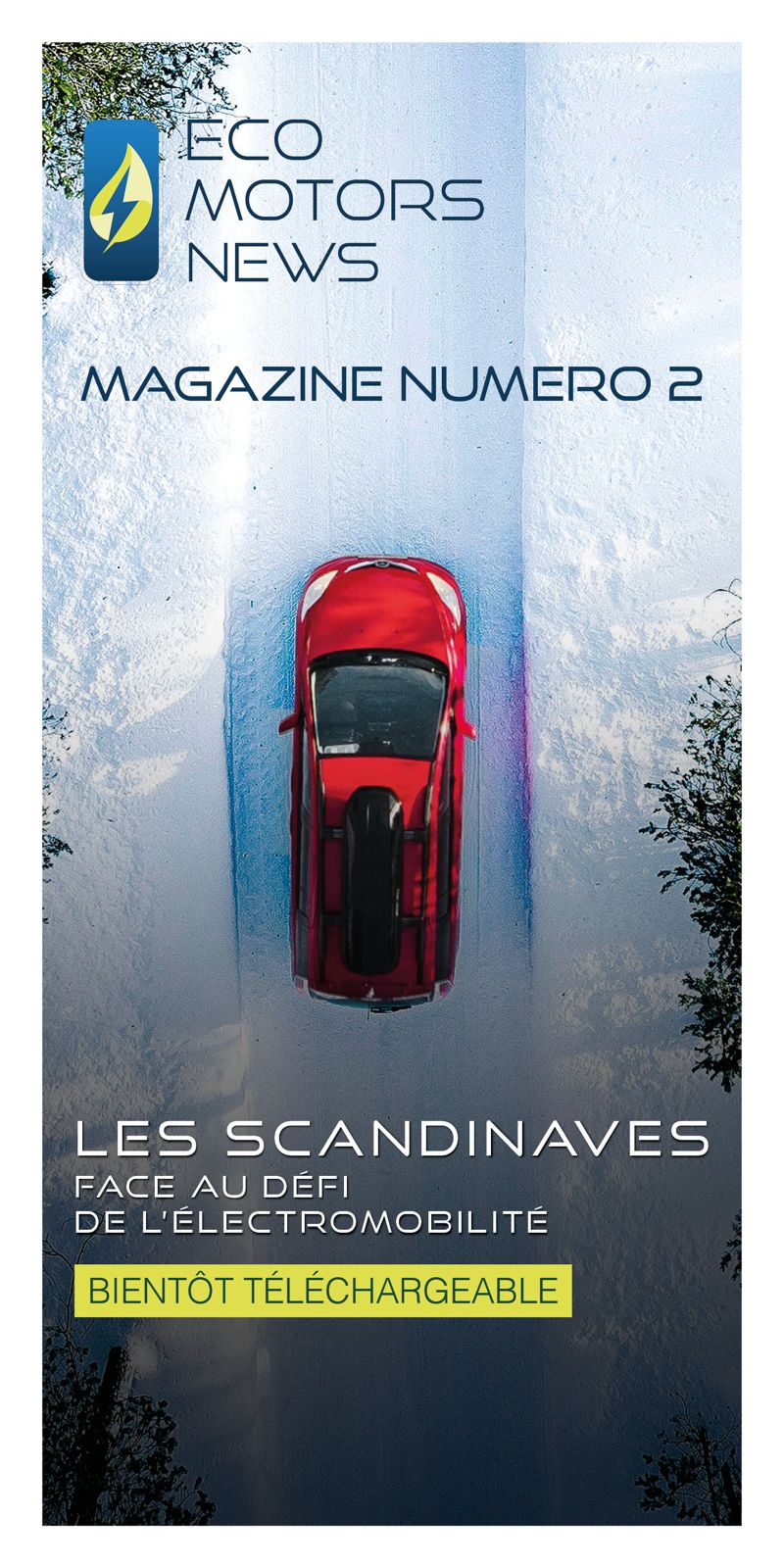On 15 October 2025, China officially lodged a complaint with the World Trade Organisation (WTO) against India. The reason: subsidies granted by New Delhi to Indian manufacturers of electric vehicles and to the battery industry, deemed to discriminate against foreign companies.
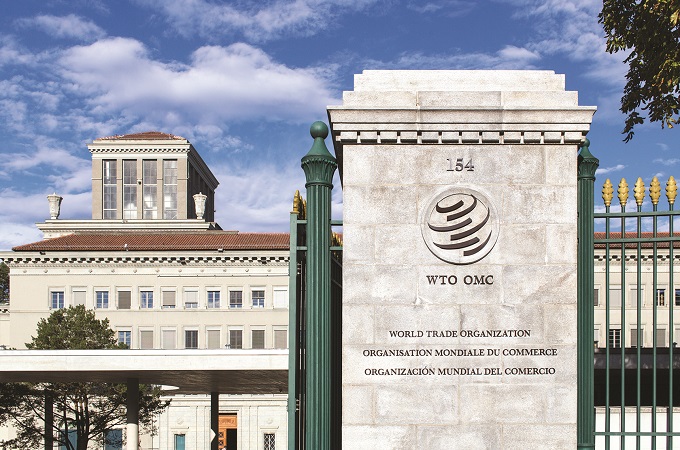
According to the Chinese Ministry of Commerce, the measures introduced by India as part of its PLI (Production Linked Incentive) Scheme excessively favour local manufacturers to the detriment of Chinese imports. Beijing considers that this aid violates world trade standards, including the principle of national treatment, and constitutes import substitution subsidies, which are explicitly prohibited under multilateral trade rules.
China has therefore requested the opening of official consultations with the WTO (World Trade Organization), the first stage in a procedure that could last months or even years. In the meantime, China is calling on New Delhi to « rectify its practices ».
An industrial and geopolitical showdown
This trade dispute comes at a time when India too is aiming to become a global commercial hub for electric cars, in order to emancipate itself from Chinese domination. This is a strategic battle in which Beijing is determined to defend its national champions such as BYD, CATL and Xpeng, who are already facing restrictions in the United States and Europe.
China was trying to increase sales of its vehicles in India, at a time when relations between the two Asian giants have just warmed up after five years of tensions due to the military stand-off in Eastern Ladakh.
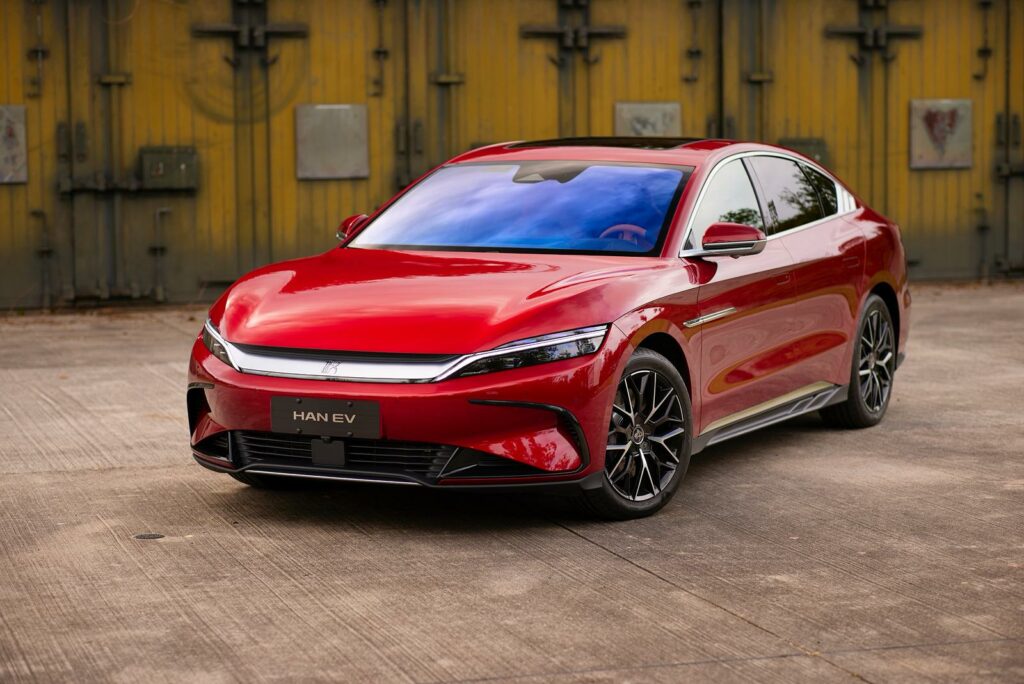
Electromobility, an industrial war
This complaint illustrates one thing: competition in electromobility now extends far beyond carmakers, touching on raw materials, the battery ecosystem and industrial sovereignty. It can become conflictual and create tensions between different industrial policies.
Electric globalisation under strain
At a time when many countries and regions around the world are also stepping up their support for local production, China has filed similar claims against Turkey, Canada and the EU.
The WTO, for its part, faces a new challenge: arbitrating an energy transition that is gradually becoming both economic and geopolitical.


